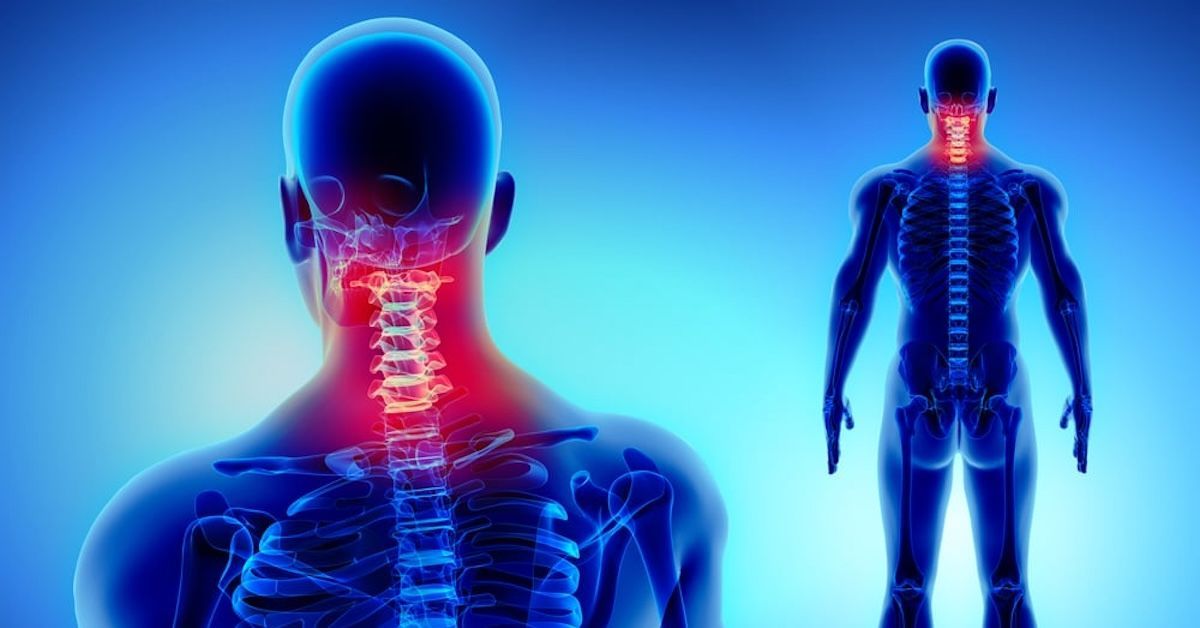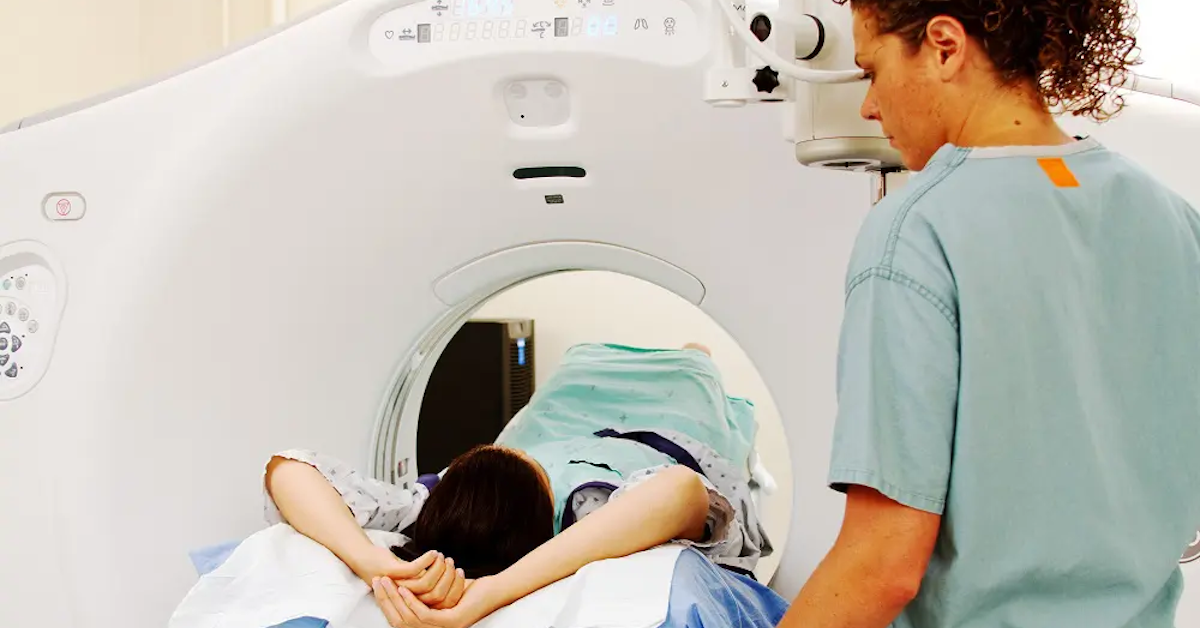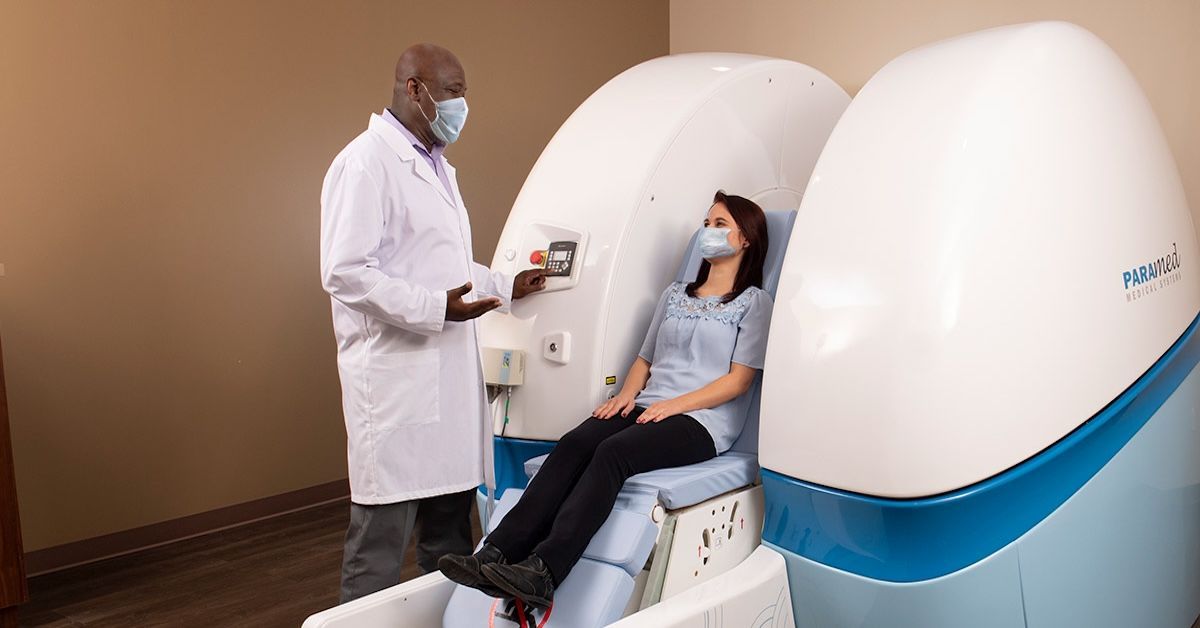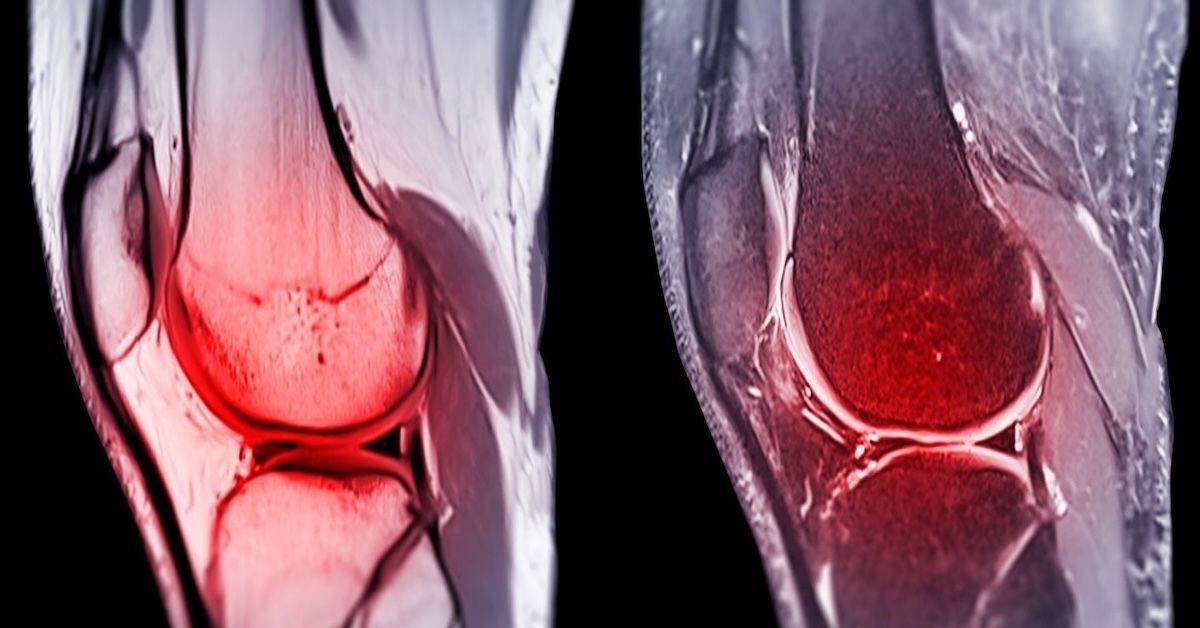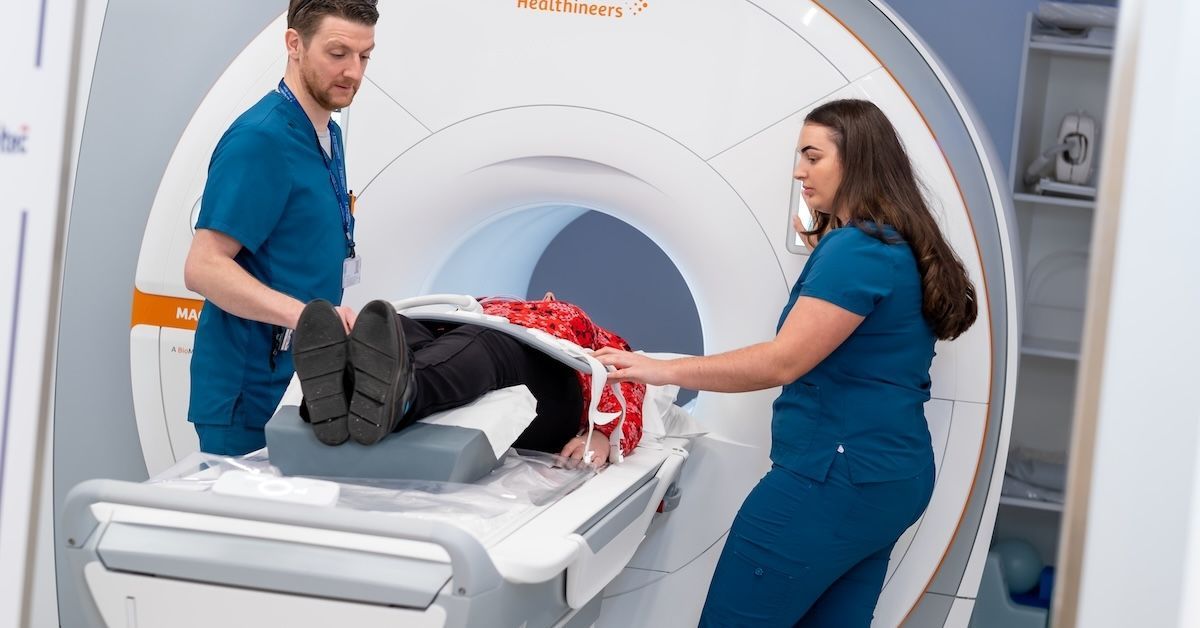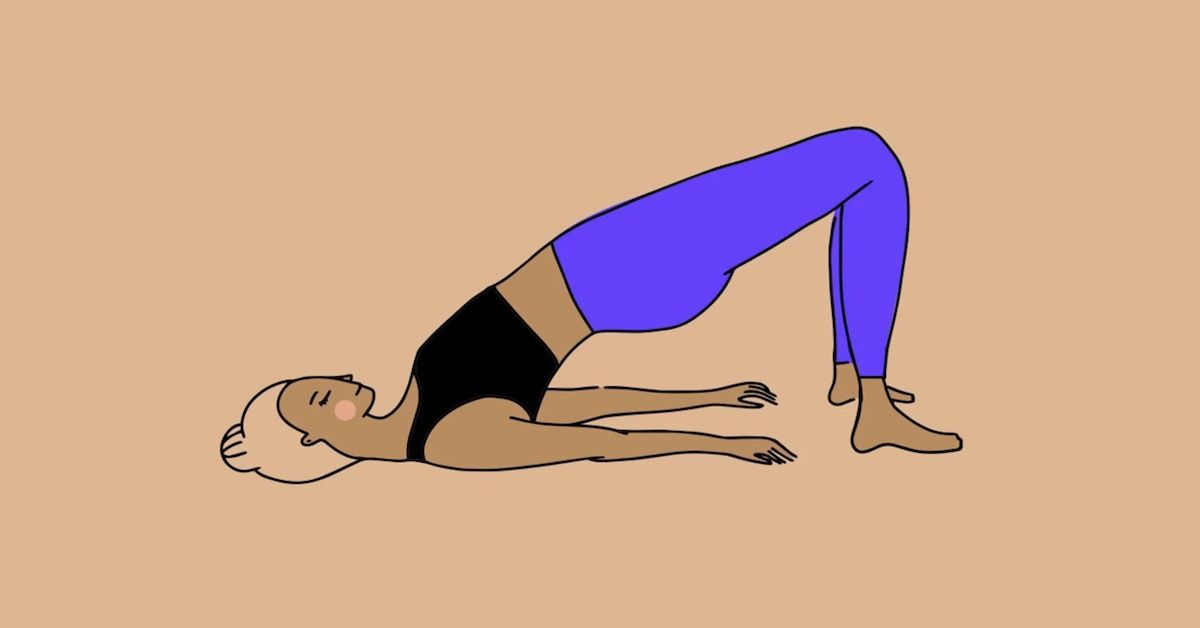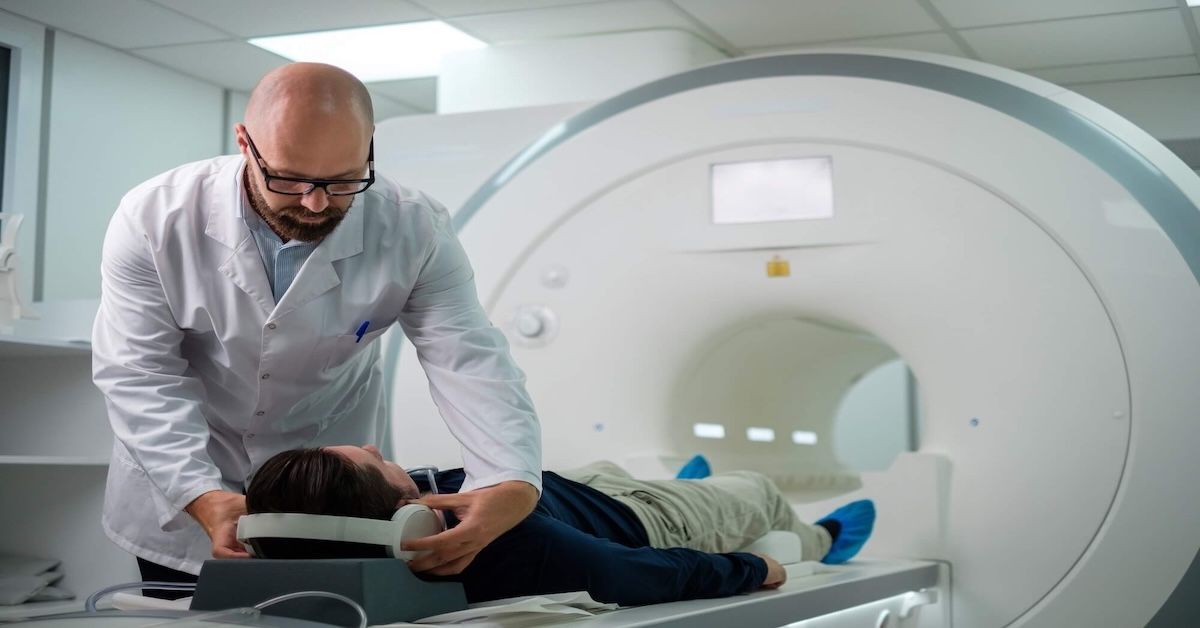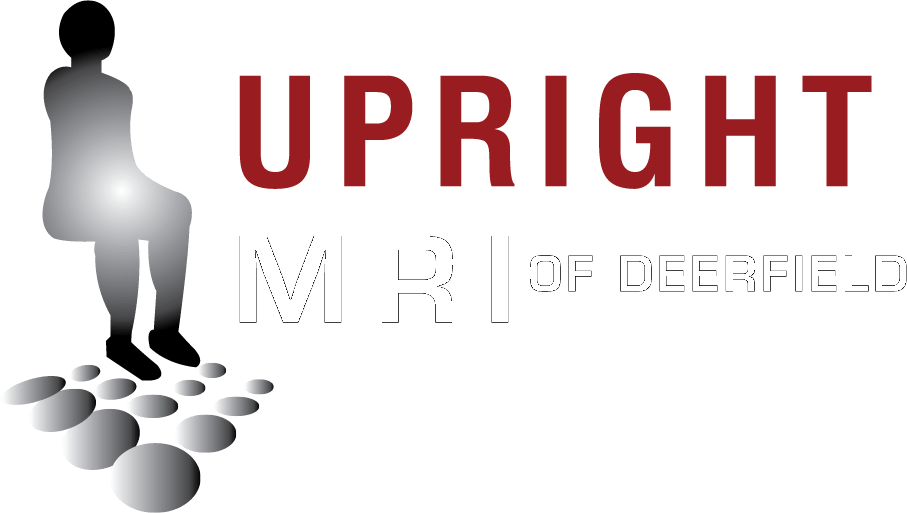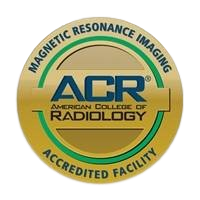457 Lake Cook Road (Deerfield Park Plaza)
Deerfield, IL 60015
Email Us:
Email us directly [+]
Fax: (847) 291-9362
Back Pain and MRI Scans for Diagnosis: What You Need to Know

Back pain is one of the most common ailments in adults of all ages.
Millions of adults of all ages experience back pain, which is one of the most common reasons for visits to the doctor and missed work.
There are many different causes for back pain, but stress is a leading reason people tend to develop back pain.
You can avoid back pain by managing your risk factors, and relieve back pain within a few weeks using a combination of heat, movement and medication (if necessary).
If pain continues to develop, starts spreading down your legs, causes weakness or numbness in legs, or is accompanied by unexplained weight loss, you should go see your doctor.
Types of possible back pain issues
Sometimes, the cause of back pain is unknown without an imaging scan but turns out to be serious medical conditions. Some examples of conditions that are frequently related to back pain are:
Muscle or ligament strain: Back strains are very common and can happen if you twist or pull of a tendon, overuse of the movement of your back muscles and tendons, or after a single incident of incorrect lifting and overstressing of the back muscles.
Bulging discs: There are over 3 million cases of bulging, or herniated discs in the U.S. each year, according to Mayo Clinic. A bulging disc happens when the spongy, rubbery discs between the bones of the spine become compressed and bulge out. It can press on the spine and nerves, causing lower back pain that can lead to difficulty walking, spasms, weakness in legs and feet, and loss of control of the bladder.
Arthritis: Arthritis in the back is described as inflammation of the facet joints between the spine and pelvis. While arthritis can occur anywhere along the spine, it most commonly occurs in the lower back.
Osteoporosis: Osteoporosis is a condition when bones get more brittle and weak over time due to loss of tissue. Our bodies typically absorb and replace old bone tissue, but an individual that has osteoporosis cannot keep up with new bone creation. While many don’t show symptoms until their bones break or become fractured, back pain caused by fractured vertebrae is a common symptom.
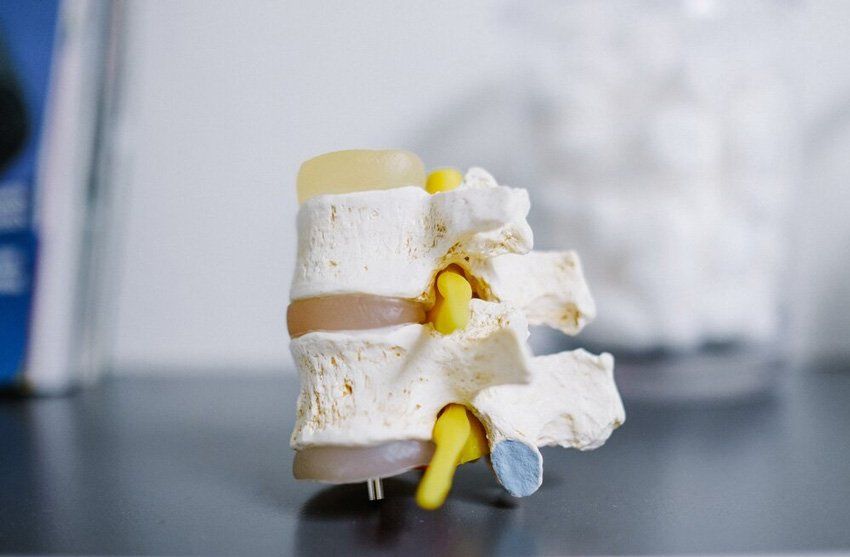
How an MRI scanner can diagnoses back pain causes
An MRI machine works by using powerful magnetics to create detailed images of what’s going on inside the body.
If your back pain becomes worse over time or is consistent for over three months, your physician may order an MRI to understand what’s happening or rule out possible conditions.
An MRI can show some of wear and tear going on in the back from overuse and stress, locate where a bulging disc is and identify which nerve it’s affecting.
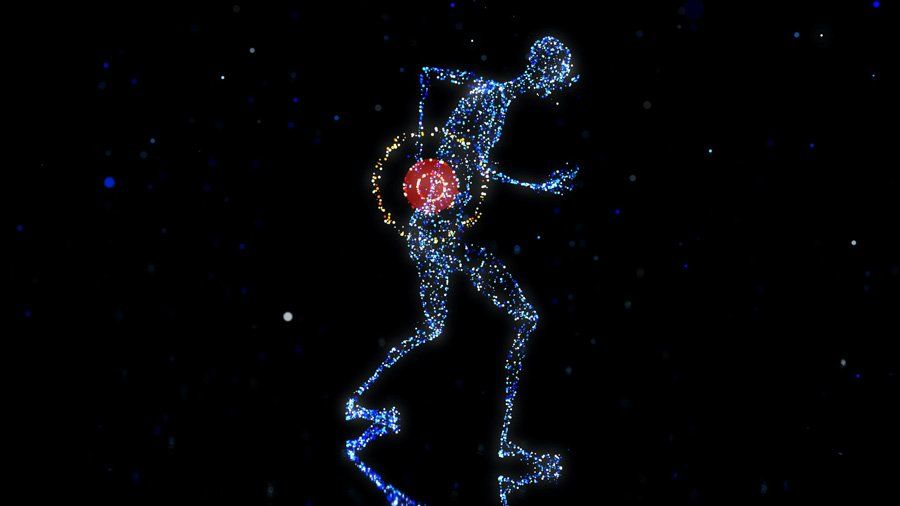
Learn more about back pain and how Upright MRI can help.
More than 80 percent of people have lower back pain at some point in their life, and it can sneak up on you when you least expect it.
If you are experiencing consistent or worsening back pain and your physician has recommended an MRI exam, it’s important to get a scan you feel comfortable in.
Upright MRI of Deerfield is known as the most patient-friendly MRI in the world for many reasons. Not only is it completely open (not enclosed at all) and much quieter than traditional MRIs, but it also allows patients to be imaged in multiple different positions. This makes the experience both comfortable and helpful for physicians to get an accurate diagnosis.
To learn more about Upright MRI of Deerfield, visit our website.

Leave a Comment:

The World's Most Patient-Friendly MRI. A comfortable, stress-free, and completely reliable MRI scan. We offer patients an open, upright, standup MRI experience that helps those who are claustrophobic and stress being in a confined area. Upright MRI of Deerfield is recognized as the world leader in open MRI innovation,
Our Recent Post

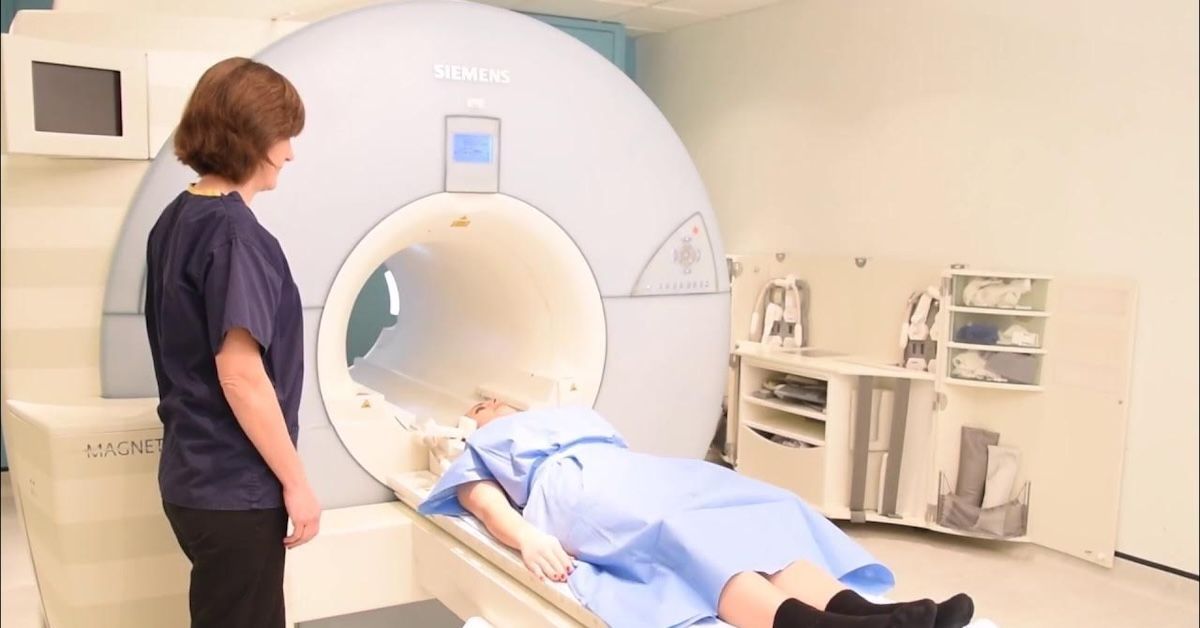
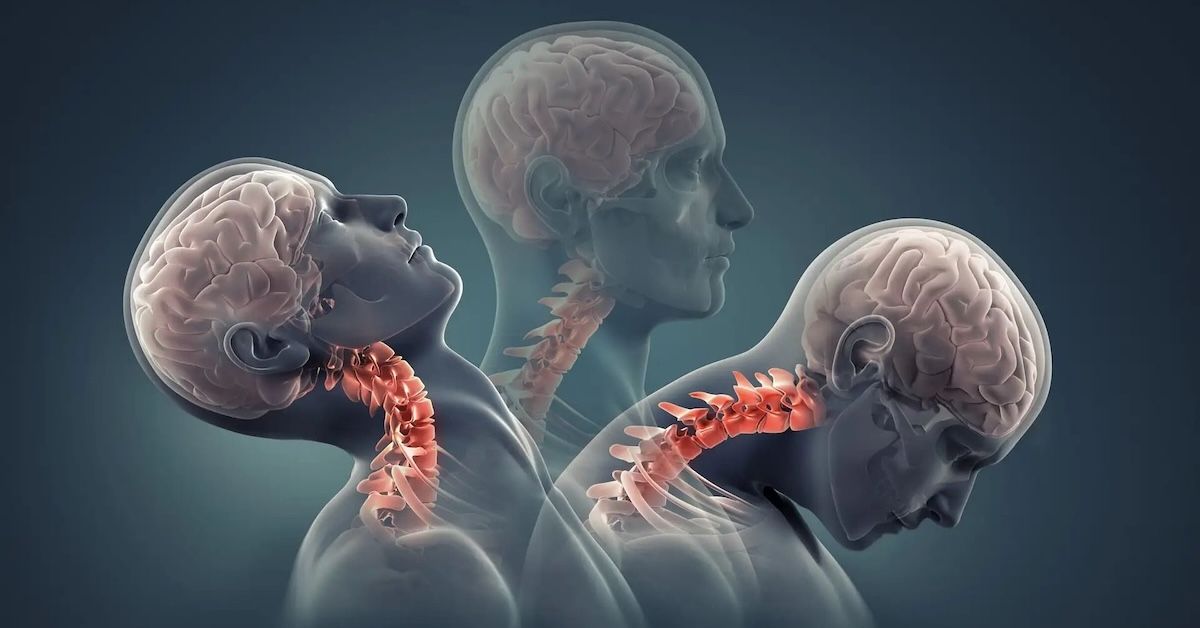
READ PATIENT TESTIMONIALS
Upright MRI of Deerfield.
Susan D.,
Highland Park, 39
I am going to tell everyone about your office! This was a great experience after I panicked in other MRI machines and had to leave. Thank you so much.

Judith B.,
Milwaukee, 61
I suffer from vertigo and other MRIs do not work. This was wonderful…absolutely NO discomfort at all. The MRI was so fast…I wanted to stay and watch the movie! Mumtaz was great. His humor really put me at ease. I’ve already recommended Upright MRI to friends.

Delores P.,
Glencoe, 55
Everything is so nice and professional with your place. I have been there a couple of times. My husband and I would not go anywhere else.


Follow UpRight MRI of Deerfield on Facebook
To see our latest news, updates or to get to know us more, we welcome you to follow along our journey in Facebook.
CONTACT DETAILS
Phone: (847) 291-9321
Address: 457 Lake Cook Road (Deerfield Park Plaza) Deerfield, IL 60015
Email: info@uprightmrideerfield.com
Business Hours
- Mon - Thu
- -
- Friday
- -
- Saturday
- -
- Sunday
- Closed
All Rights Reserved | Upright MRI of Deerfield | Website designed by NorthShore Loyalty
